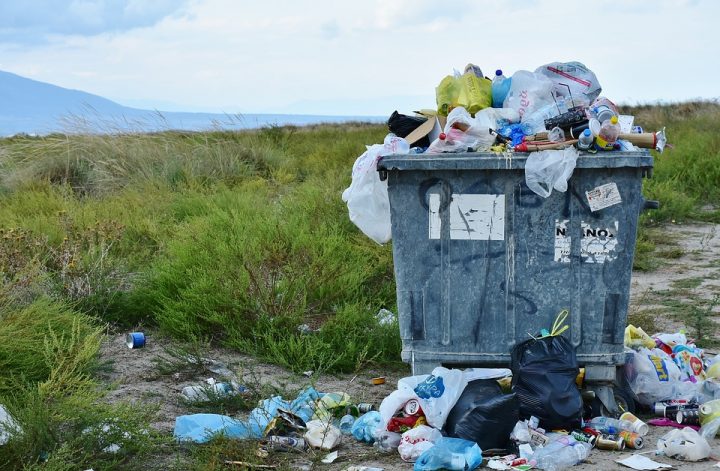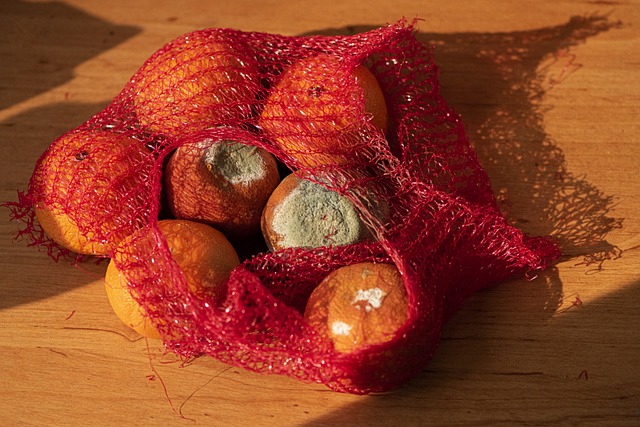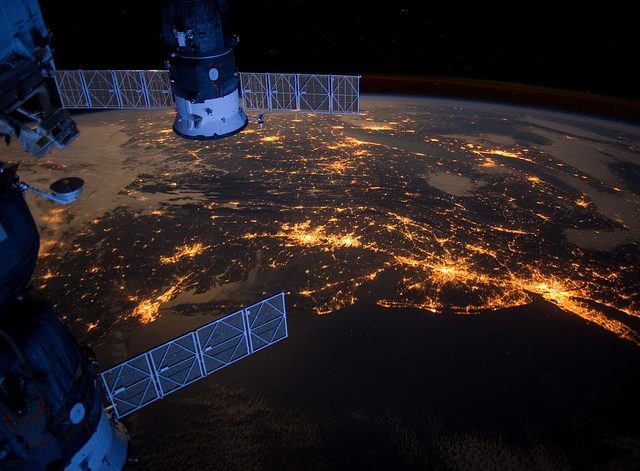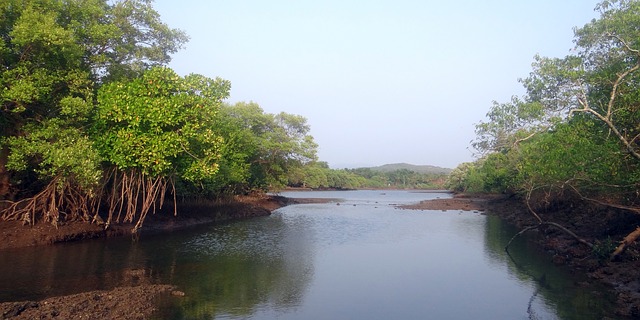INTRODUCTION
Land/ Soil Pollution: Land pollution is also known as soil contamination or soil pollution. It is defined as the degradation of land/soil due to the presence of chemicals, liquid materials, waste, or xenobiotics. Land pollution is often responsible for groundwater pollution. If soil is highly permeable, it will be more susceptible to land contamination.
Check out Soil Erosion and Degradation – Causes, Effects, and Solutions
CAUSES OF LAND POLLUTION
Land pollution could be the product of natural events or human activities. However human activities are a major contributor to land pollution. There are several causes of land pollution. Some of them are listed below.
- Garbage Dumps: Landfill sites or open dumping sites are one of the major causes of land pollution. Garbage dumps on land degrade soil if not disposed of properly. Waste piles on land also contaminate groundwater sources.
- Soil Erosion: This process also degrades the quality of soil by altering the topsoil layer or as a result of agricultural activities or some natural events such as floods.
- Agriculture: Agriculture activities deteriorate soil because of fertilizers or pesticide pollution.
- Mining: The chemical runoff from the metal or mineral extraction process during mining degrades soil and the land around it. To know more, read: Mining Pollution – Causes, Effects, and Solutions.
- Industries: Industries are producing toxic waste that contaminates and affects productive lands.
Also read: Tar Sands Extraction Destroying Environment – Causes, Effects, Solutions
EFFECTS OF LAND POLLUTION
Soil pollution not only affects the soil microbes but also plants, animals, humans, and the whole ecosystem.
- Biodiversity Loss: Land pollution leads to biodiversity loss as when land becomes too polluted for plants and animals to survive, they either die or have to migrate. Read: Biodiversity Loss – Causes, Effects, and Solutions
- Soil Quality Degradation and Agriculture: Soil contamination decreases the quality of soil by killing soil microbes that are beneficial for the productivity of the soil. These lands then cannot be used for agriculture and might even become barren. However, excessive agricultural activities also turn productive lands into barren lands.
- Human Health: Land pollution causes birth defects, skin diseases, and respiratory problems among humans. It also aids birth and growth or vermin and insects like mosquitoes, which can result in more diseases.
- Effects on Wildlife: Soil pollution affects wildlife. The degraded and contaminated soils make land unfit for wildlife. As a result, the animals become vulnerable to extinction.
- Groundwater Quality: Land pollution can result in groundwater quality deterioration as when leachate from land pollutants reaches groundwater it also impacts its quality.
Also check out: Conservation of Biodiversity- Importance and Methods
CONTROL OF LAND POLLUTION
Land pollution that results from natural processes cannot be controlled but preventive measures can be adopted. For example, the effects of floods can be reduced with forests because trees protect the land from land erosion and floods.
Few control measures of land pollution are listed below.
- Proper Treatment of Waste: Waste should be disposed of properly. Open dumping sites should be avoided and discouraged. Check out Improper Management of Solid Waste in Pakistan and Its Effects
- Natural Fertilizers: Farmers should use natural fertilizers that are eco-friendly and don’t hinder microbial activity in the soil.
- Control on Deforestation: Deforestation should be avoided and banned to preserve good quality lands.
- Land Reclamation after Mining: It is a process of cleaning and restoring land after mining activities.
- Bio/Phytoremediation: It is a method of cleaning soil contaminants especially heavy metals from the surrounding environment. Plants, microbes are used for the bio/phytoremediation process.
For more information, read: Types of Bioremediation and Their Advantages and Disadvantages and What is Rhizoremediation?- Methods, Benefits and Drawbacks
CONCLUSION
Climate change also triggers the deterioration of land and soil. Soil supports vegetation, and due to soil contamination, the pollutants enter the vegetation. Any kind of pollution is toxic to the ecosystem. Those activities which can reduce the contribution to land pollution should be taken into consideration. Forests protect the land from degradation, improve air quality as well as prevent floods.
Also check out: Soil Erosion and Degradation – Causes, Effects, and Solutions
I hope you all liked this post! Please comment below if you have any suggestions, comments, or feedback! We at #envpk love hearing from our readers! Thanks!




